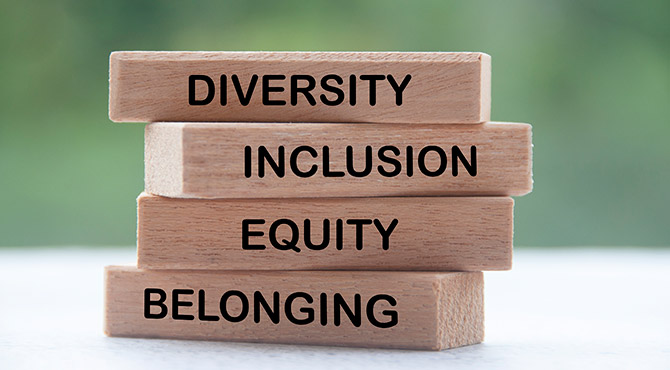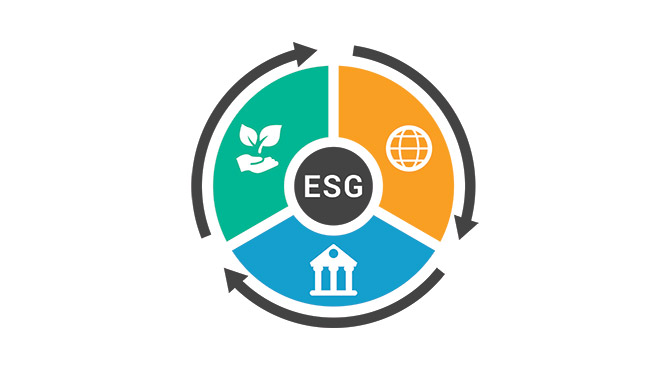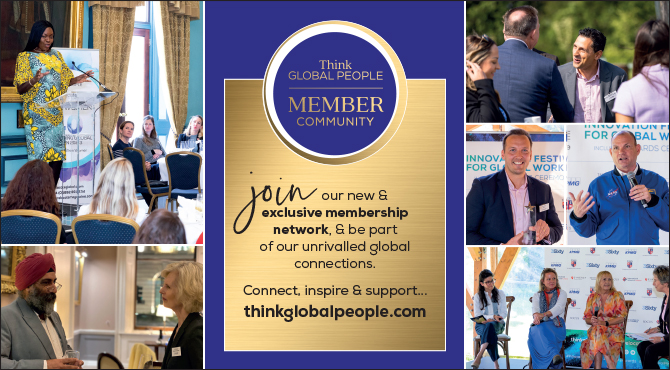
It involves taking a proactive and strategic approach to addressing the challenges and opportunities associated with developing and supporting talent relocating employees across different countries and regions. Read more
Global leadership in the global mobility world entails several key elements:Cross-Cultural Competence: Global leaders need to have a deep understanding of different cultures, customs, and norms. They should be able to adapt their leadership style and communication to work effectively with diverse teams and individuals from various backgrounds.
Strategic Vision: Effective global leaders have a strategic vision for their organisation's global mobility program. They understand the importance of aligning international assignments with the company's overall business objectives and long-term goals.
Talent Management: Global leaders are skilled at identifying and developing talent for international assignments. They can assess the skills and capabilities of employees and match them with the right opportunities abroad, ensuring a good fit for both the individual and the organisation.
Compliance and Risk Management: Navigating the legal and regulatory aspects of global mobility is crucial. Global leaders must stay informed about immigration laws, tax regulations, and other compliance requirements in different countries to ensure a smooth and legally sound process.
Change Management: Global mobility often involves significant changes for both employees and their families. Effective leaders are adept at managing change, providing support, and helping individuals and teams adapt to new environments and challenges.
Employee Well-Being: Caring for the wellbeing of employees on international assignments is essential. Global leaders should ensure that expatriates and their families have access to the necessary support services, including healthcare, education, and social integration.
Cost Management: Managing the costs associated with global mobility is a key responsibility. Leaders must balance the expenses of international assignments with the potential benefits and return on investment for the organisation.
Communication Skills: Clear and effective communication is critical in the global mobility world. Global leaders should be able to convey expectations, policies, and information clearly to all stakeholders, regardless of their cultural or linguistic background.
Flexibility and Adaptability: The global mobility landscape is constantly evolving, and leaders must be flexible and adaptable to respond to changing circumstances, whether related to economic conditions, geopolitical events, or other factors.
Ethical Leadership: Ethical considerations, such as fairness in international assignments, diversity and inclusion, and social responsibility, are important aspects of global leadership in the global mobility field.
In summary, global leadership in the global mobility world involves a combination of cultural competence, strategic thinking, talent management, compliance expertise, and a commitment to the well-being of employees and the organisation. Effective global leaders are instrumental in facilitating the movement of talent across borders while ensuring that it aligns with the overall business strategy and values of the organisation.
Read less

































